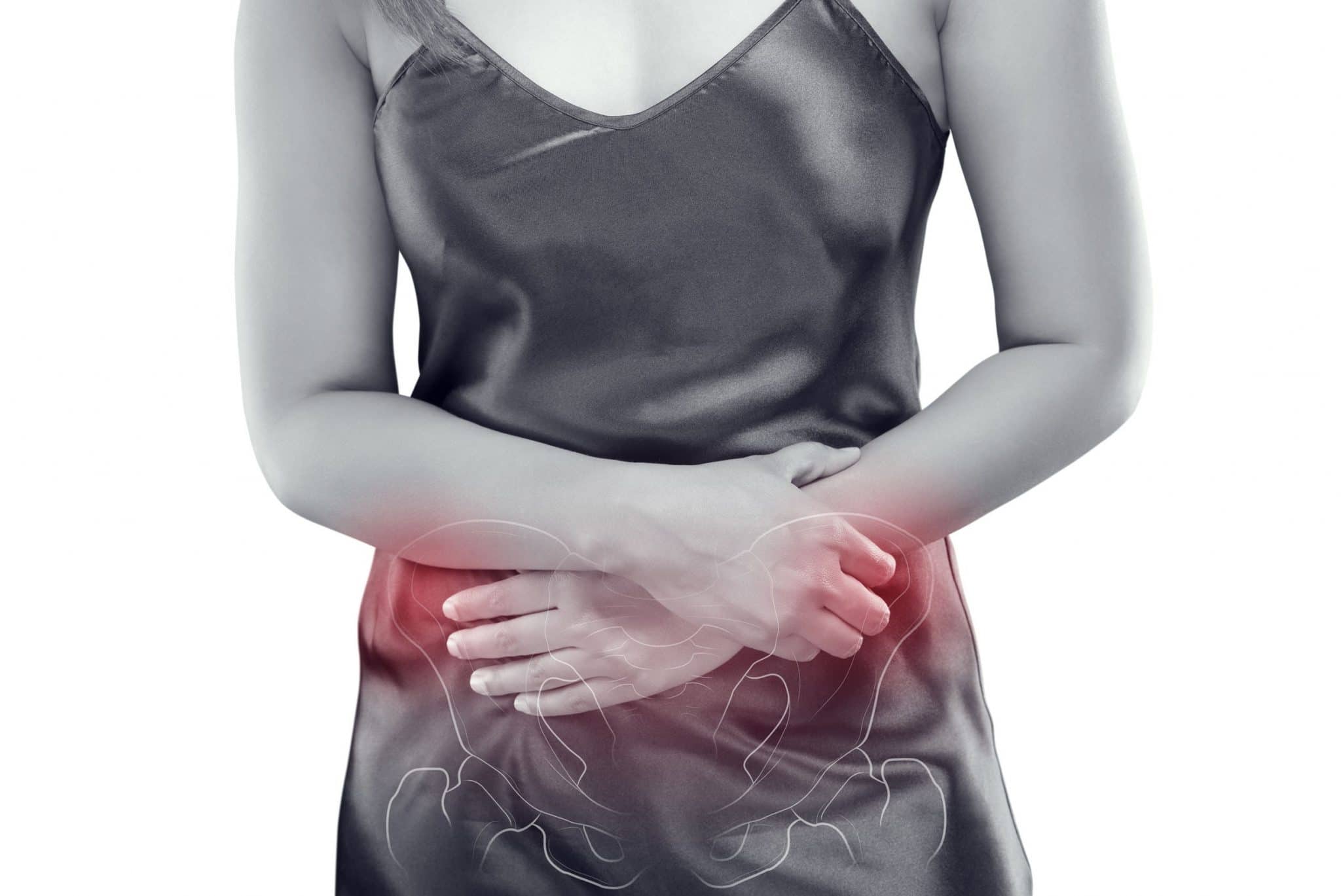Heartburn and Ulcers

WHAT CAUSES HEARTBURN?
Pregnancy, certain foods, alcohol, and some medications can bring on heartburn.1
How does it occur? If the stomach is stretched a lot – for instance after a large meal – the sphincter (valve) at the top of the stomach might temporarily loosen. This sphincter may also sometimes open for no apparent reason. The acid in the stomach irritates the lining of the food pipe, and that is the pain felt as heartburn.2
TREATMENT
There are various reasons why this sphincter becomes weak or relaxes;
- increased pressure on the abdomen from being overweight, obese, or pregnant
certain medicines, such as calcium channel blockers (treat high blood pressure); - antihistamines; some painkillers; sedatives and antidepressants
- smoking4
WHO IS AT RISK OF DEVELOPING HEARTBURN?
People who have the above conditions or use certain medications will be at a higher risk of developing heartburn.4
Frequent or severe heartburn with acid reflux, is known as ‘gastro-oesophageal reflux disease’ or GORD for short.2
SYMPTOMS OF GORD
Other than heartburn, possible symptoms include a burning sensation in the throat, a bad taste in the mouth, and stomach noises. People often feel very full and may also feel nauseous. Other possible symptoms include a dry cough, asthma, toothache, and a husky or hoarse voice. These occur if the stomach juices get into the windpipe and irritate the airways or get into the mouth and attack the teeth.2
TREATMENT
Lifestyle modifications:
- Do not overeat and avoid spicy foods
- Lose weight if overweight or obese
- Wear loose clothing and increase height of bed
- Quit smoking and reduce alcohol
MEDICATIONS
Histamine blockers decrease the amount of acid released in the stomach.3 They provide short-term or on-demand relief of symptoms. They can also help heal the food pipe, although not as well as other medicines.4
Proton pump inhibitors (PPIs) decrease the amount of acid your stomach makes.3d They are the most effective therapy for treating heartburn and reflux. They also heal the food pipe and can be prescribed for long-term treatment.4
Antacids work temporarily to relieve heartburn by neutralising the stomach acid, and may be used after meals and at bed-time.3,4
A ‘burning stomach pain’ is the most common symptom of a stomach ulcer.5
WHAT IS A STOMACH ULCER?
A stomach ulcer is a round or oval sore where the lining of the stomach has been eaten away by stomach acid and digestive juices.
Discomfort caused by ulcers comes and goes and tends to occur after meals because stomach acid is produced in response to eating.6
WHAT ARE THE SIGNS AND SYMPTOMS?
Stomach pain is the most common symptom, the duration of which is variable – the pain can last for several days or even weeks.5 Less common symptoms may include:6
- bloating
- nausea
- vomiting
WHAT CAUSES AN ULCER?
Stomach ulcers develop when the lining of the stomach is damaged by stomach acid.
The two most common causes of stomach ulcers are bacterial infection (known as Helicobacter pylori) and the use of nonsteroidal anti-inflammatory drugs (NSAIDs).
Smokers are also at more risk than non-smokers. Stress can also be a cause of stomach ulcers
TREATMENT
Even if symptoms are mild, without treatment, a stomach ulcer can get worse.5
Antibiotics are used to treat the infection caused by a bacteria Helicobacter pylori. In most people, treatment with an acid-suppressing medicine will be needed for 4 to 8 weeks.6
TYPES OF ULCER-HEALING DRUGS
- Antacids do not effectively heal ulcers but they do relieve symptoms of ulcers by neutralising stomach acid. They are typically used to relieve symptoms in the early stage of treatment.
- A protectant (e.g. sucralfate) forms a protective coating in the base of an ulcer to promote healing and is a reasonable alternative to antacids
- Histamine receptor blockers relieve symptoms and promote ulcer healing by reducing the production of stomach acid.
- Proton pump inhibitors (PPIs) reduce stomach acid and protect the lining of the stomach, and in this way promote healing of ulcers. PPIs are the most potent drugs that can reduce acid production in the stomach.6
DIETARY HEALTH
Eating healthy and balanced amounts of different types of foods is good for your overall health. You can adapt your diet to avoid certain foods and drinks that make your symptoms worse.4,6
Maintain a healthy lifestyle by following these universal rules:7
- EXERCISE: maintain at least 30 minutes a day of vigorous activity
- WEIGHT: avoid excess weight
- FIBRE: eat plenty of fibre in your diet, whole grains and less sugary, white flour foods
- FRUIT & VEG: aim for 5 portions a day!
- REDUCE FAT: moderate intake of animal fats (dairy and meat fats)
- FISH: increase fish and beans as an alternative to meat
- FLUIDS: drink plenty of water and reduce alcohol consumption
- DON’T SMOKE!
Related Brochures

stress-and-anxiety

stomach-ailments
